Sarah Everard: Protesters demand 'radical change' to Met Police
- Published
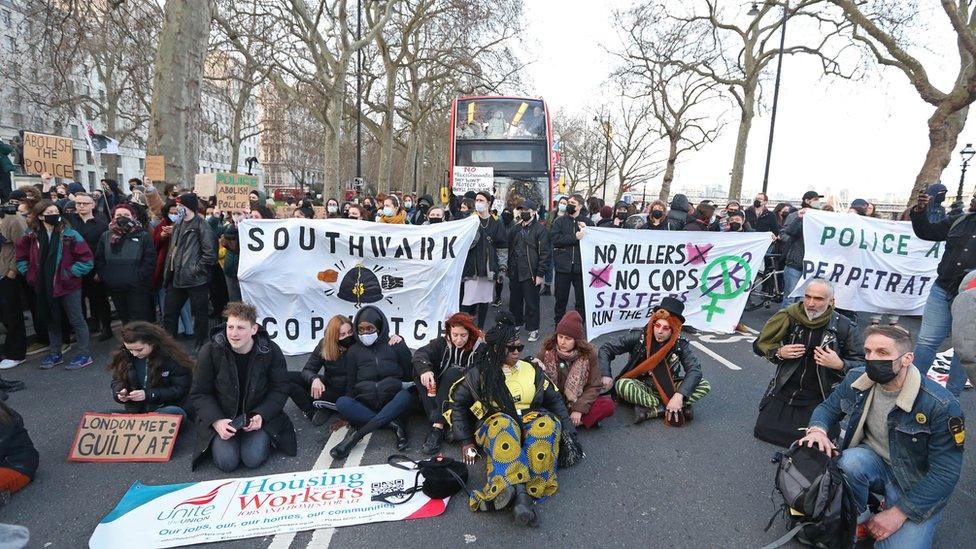
Protesters blocked traffic outside of the Met Police headquarters New Scotland Yard
Protesters demanding "radical change" to the Metropolitan Police have marched through central London.
Activists held traffic outside New Scotland Yard before marching to Charing Cross Police Station.
They carried banners reading "police are perpetrators", set off bright blue smoke flares and said they activated 1,000 rape alarms.
The protest marks a year since an unofficial gathering to pay respects to Sarah Everard saw clashes with police.
It also comes a day after judges ruled police breached the rights of the organisers of a planned vigil for Sarah Everard.
Ms Everard was murdered by a serving Met officer, Wayne Couzens.
The Met has previously said it is trying to rebuild trust with the public after several misconduct cases involving its officers.
About 300 demonstrators from various groups chanted "racist police, sexist police" while walking towards Trafalgar Square and Charing Cross Police Station.
Patsy Stevenson, who was arrested at a vigil for Sarah Everard in the days following her murder last year, said "radical change from the whole of the policing system" was needed.
Gina Cane of Sisters Uncut, a feminist activist group who organised the protest, said: "We reject the authority of the police, a racist misogynist institution built on coercion and control."
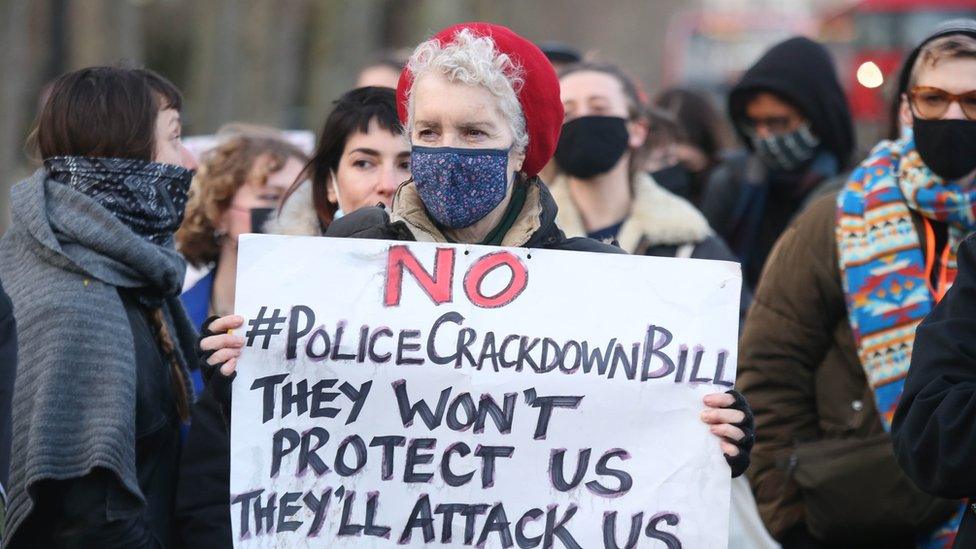
Demonstrators were also protesting against the the Police, Crime, Sentencing and Courts Bill
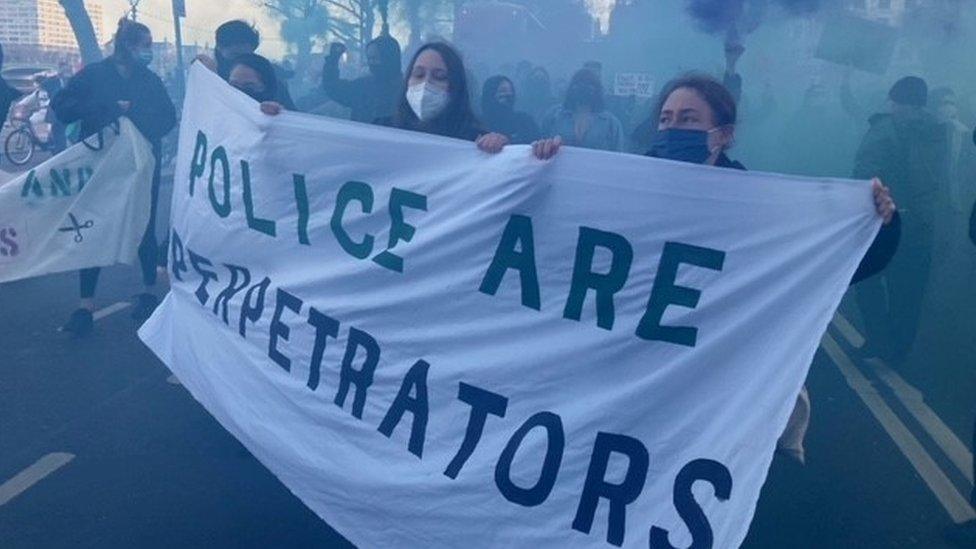
Protesters set off blue smoke flares as they walked through central London
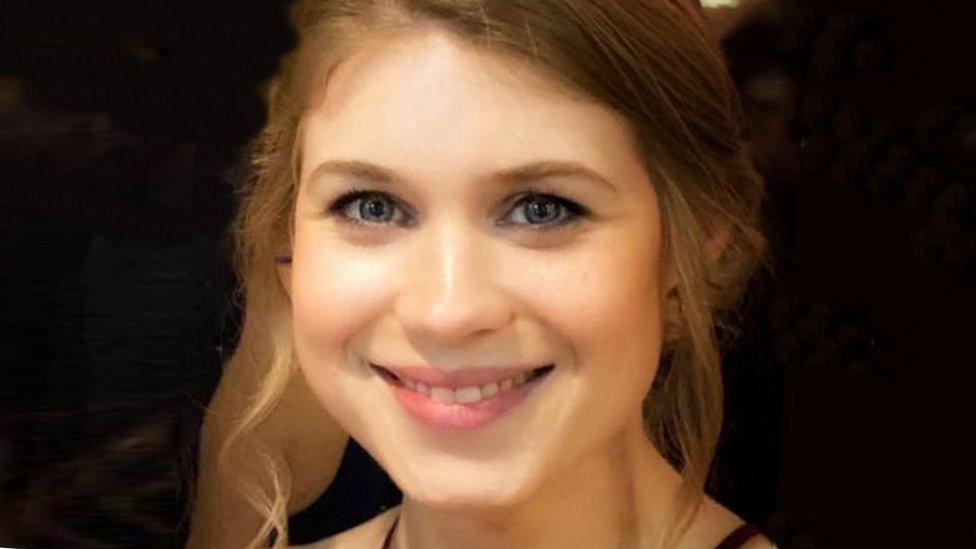
Sarah Everard was murdered last March
Protesters also said they opposed the Police, Crime and Sentencing Bill, external which, if passed, would give police greater powers to control protests.
Ms Everard was kidnapped in south London on 3 March 2021 as she was walking home from a friend's house. Her attacker was sentenced to a whole-life term after pleading guilty to murder.
A spontaneous vigil in Clapham Common, south London, led to the Met being heavily criticised for its actions - although it went on to be cleared by the police watchdog.
A previously organised vigil was cancelled after organisers were told it would be illegal to stage it under lockdown conditions.
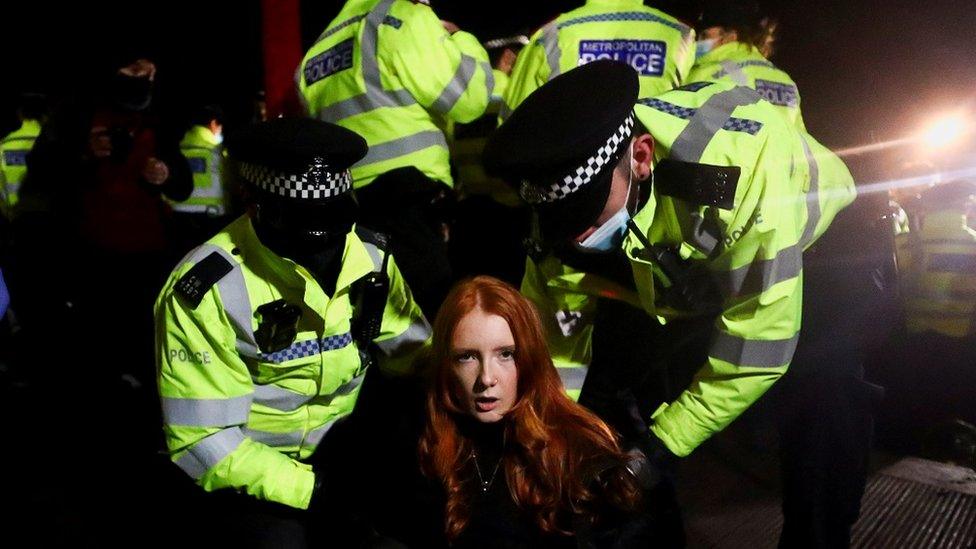
Met officers were accused of oppressing women on Clapham Common in March last year
In February, an Independent Office for Police Conduct (IOPC) report discovered misogyny, discrimination, bullying and sexual harassment within the ranks of the force.
Addressing the IOPC report, the Met said in a statement it acknowledged the damage in trust their behaviour had caused.
It added it would take "urgent action" to improve.
Baroness Louise Casey is carrying out an independent review of culture and standards within the Met. It will examine the force's vetting, recruitment and training procedures.
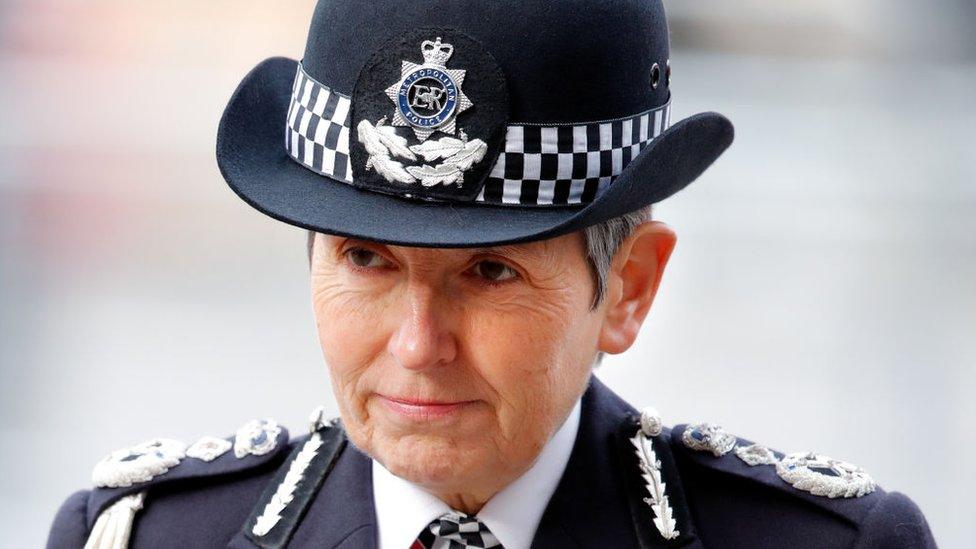
Metropolitan Police commissioner Dame Cressida Dick resigned from the role after London's mayor said he had no confidence in her leadership
Related topics
- Published11 March 2022
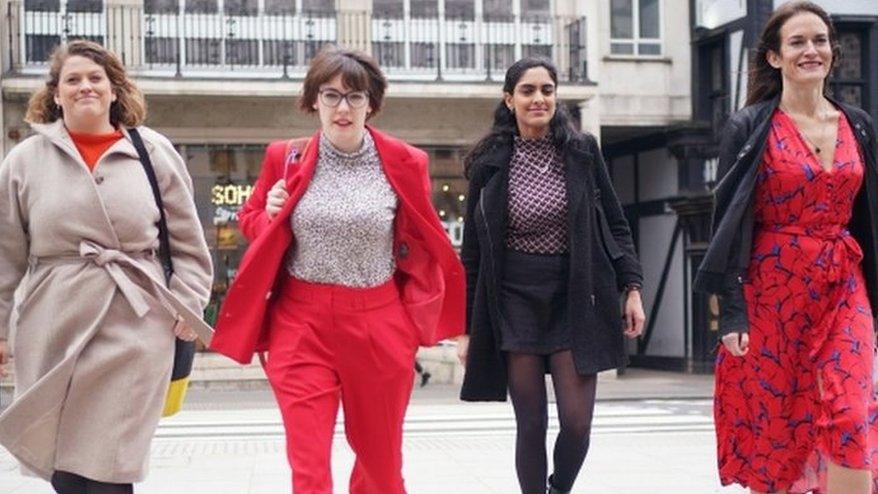
- Published11 February 2022
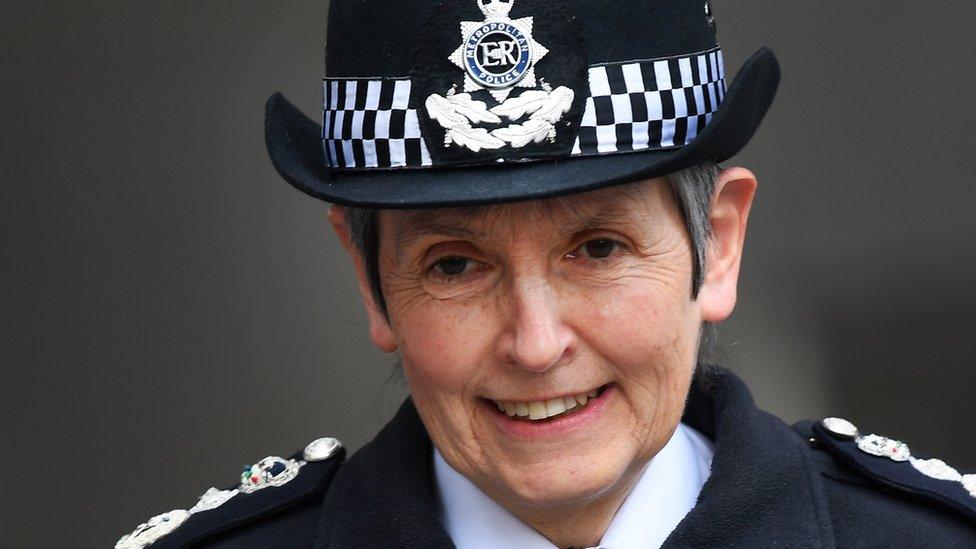
- Published1 February 2022
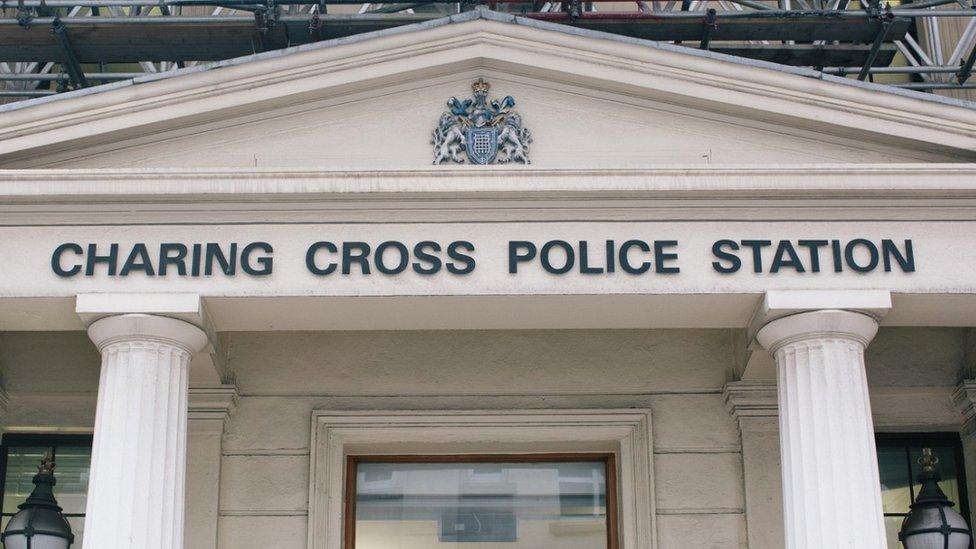
- Published10 January 2022

- Published30 September 2021

- Published14 March 2021